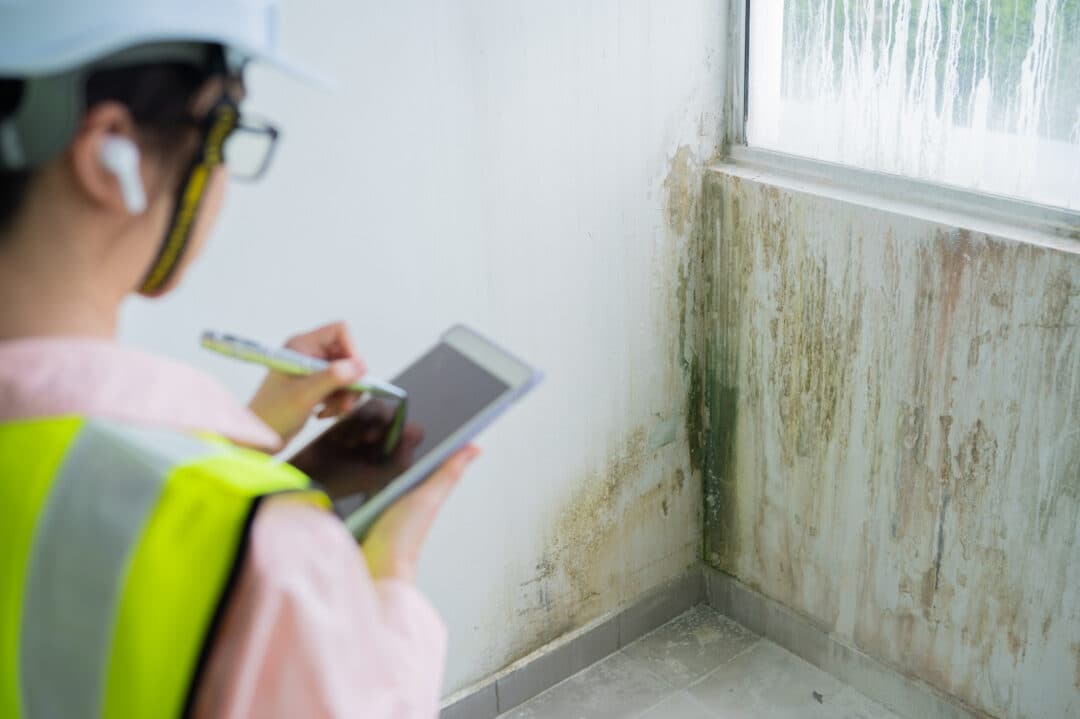Your Ultimate Guide to Renting: Essential Tips for Tenants
Posted on 18 November 2024
Share this article

Your Ultimate Guide to Renting: Essential Tips for Tenants
Looking for a rental requires careful planning and consideration. From finding the right property to understanding your lease agreement and knowing your rights and responsibilities, there are several steps in the rental process that will help ensure a smooth experience.
Whether you’re renting for the first time or looking to move to a new property, we thought we’d share what we’ve learned.
Rental Search Strategy
The first step on your rental property journey should be creating a search strategy. This will help you gain an understanding of the key steps you need to consider and help keep you on track. Here are some steps we recommend including:
Create a Budget: Determine what you can afford in terms of monthly rent, as well as other costs like security deposits and any additional fees. This will help you focus on properties within your financial comfort zone.
List Essential Features: Decide on your basic requirements, such as the number of bedrooms and bathrooms, and any specific amenities you’d like, such as a garage, outdoor space, or a pet-friendly policy.
Use Online Resources: Take advantage of rental listing websites and apps, which can help simplify the search process. These platforms will help you refine your search to only include properties within your budget and other factors. You can then easily compare options and find potential properties to suit your needs.
Schedule Viewings and Inspect Thoroughly: We recommend prioritising viewing properties in person to check for any issues and ensure they meet your standards. This also gives you the opportunity to inspect the property for any wear and potential maintenance issues.
Tips for viewing properties
When it comes to viewing a property, it can be easy to walk into a property and fall for its interior and design. However, as we have mentioned, it gives you a unique opportunity to really understand and inspect the property. Keep this list in mind when you attend viewings:
- Inspect the Property’s Condition: Check for any signs of damage or wear, such as peeling paint, water stains, or faulty appliances. Look at the walls, floors, and ceilings to ensure everything is in good shape.
- Test Fixtures: Make sure all lights, taps, door handles, and electrical outlets are working properly. This will help you avoid unwanted surprises later on.
- Evaluate the Layout: Consider whether the property’s layout works for your needs. Is there enough space? Does the flow of the rooms feel comfortable and functional for your lifestyle?
- Assess the Local Area: If you’re really considering a property, we would recommend taking some time to walk around the local area. Take into account the noise levels, whether it feels safe, and what amenities and transport links are available.
- Ask the Right Questions: Viewings are a great opportunity to speak with the landlord or agent to find specific information like maintenance policies, utilities, and lease terms. Knowing these details in advance will help you avoid any misunderstandings later.
Understanding the leasing process
Gaining a good understanding of how the leasing process works is key to a smooth rental experience. Once you have found the perfect property, you will need to spend time reviewing the details of the lease agreement.
The lease agreement is a legally binding document that will outline key details like the rent amount, payment dates, lease duration, and other costs like security deposits and maintenance fees. You should pay close attention to any clauses in the lease referring to renewals or penalties should you exit the lease early. This will ensure you have a clear understanding of your rights and responsibilities before you enter this legally binding agreement.
Before you sign the lease, it’s important to ask any questions you may have in mind and ensure any uncertainties are clarified. Once you’re satisfied with the details of the lease and have a full understanding of your rights and responsibilities, you will then proceed with signing the lease, paying your first month’s rent and any necessary security deposit. Once this has been completed, you will then formally become a tenant, and the property is yours to stay in, in line with the terms of the agreement.
Tenant rights and responsibilities
Tenant’s Rights
As a tenant, you have specific legal rights that protect you during your rental period. These typically include:
-
Right to a Habitable Home: Under UK law, landlords are required to ensure the property is safe and in good condition. This is a basic requirement for rental properties.
-
Right to Privacy: In the UK, landlords are required to give suitable notice before entering a tenant’s property. The only exception from this is in the case of an emergency. The property is your house, and you have a right to privacy.
-
Protection from Discrimination: Under the Equality Act 2010, landlords cannot discriminate against tenants based on protected factors such as race, gender, religion, disability, age, sexual orientation, or nationality. This applies to the renting process and throughout the tenancy.
-
Right to Security Deposit Return: In the UK, landlords must place security deposits in a government-approved Tenancy Deposit Scheme (TDS). At the end of the tenancy, the landlord must return the deposit minus any agreed deductions. The main reason for deductions would be for damage beyond normal wear and tear. The landlord must provide an itemised list of deductions if they withhold any part of the deposit.
Tenant’s Responsibilities
As a tenant, you also have specific responsibilities to maintain a good rental relationship:
-
Pay Rent on Time: One of the most important duties you have is paying your rent in the agreed timeframe. If your payments are late, this can lead to penalties or even eviction.
-
Maintain the Property: It’s your responsibility to keep the property clean and in good condition. This includes performing basic upkeep tasks like changing light bulbs, cleaning, and minor repairs. Major repairs and structural issues are typically the landlord’s responsibility.
-
Follow Lease Terms: You need to follow the terms set out in your lease agreement, including restrictions on noise, pets, and subletting. If you violate the terms of your lease, this could lead to penalties or early termination.
-
Notify the Landlord of Issues: If there are any repair issues or maintenance needs, inform your landlord promptly so they can address the problem. Failing to report issues may lead to further damage that could be your responsibility.



